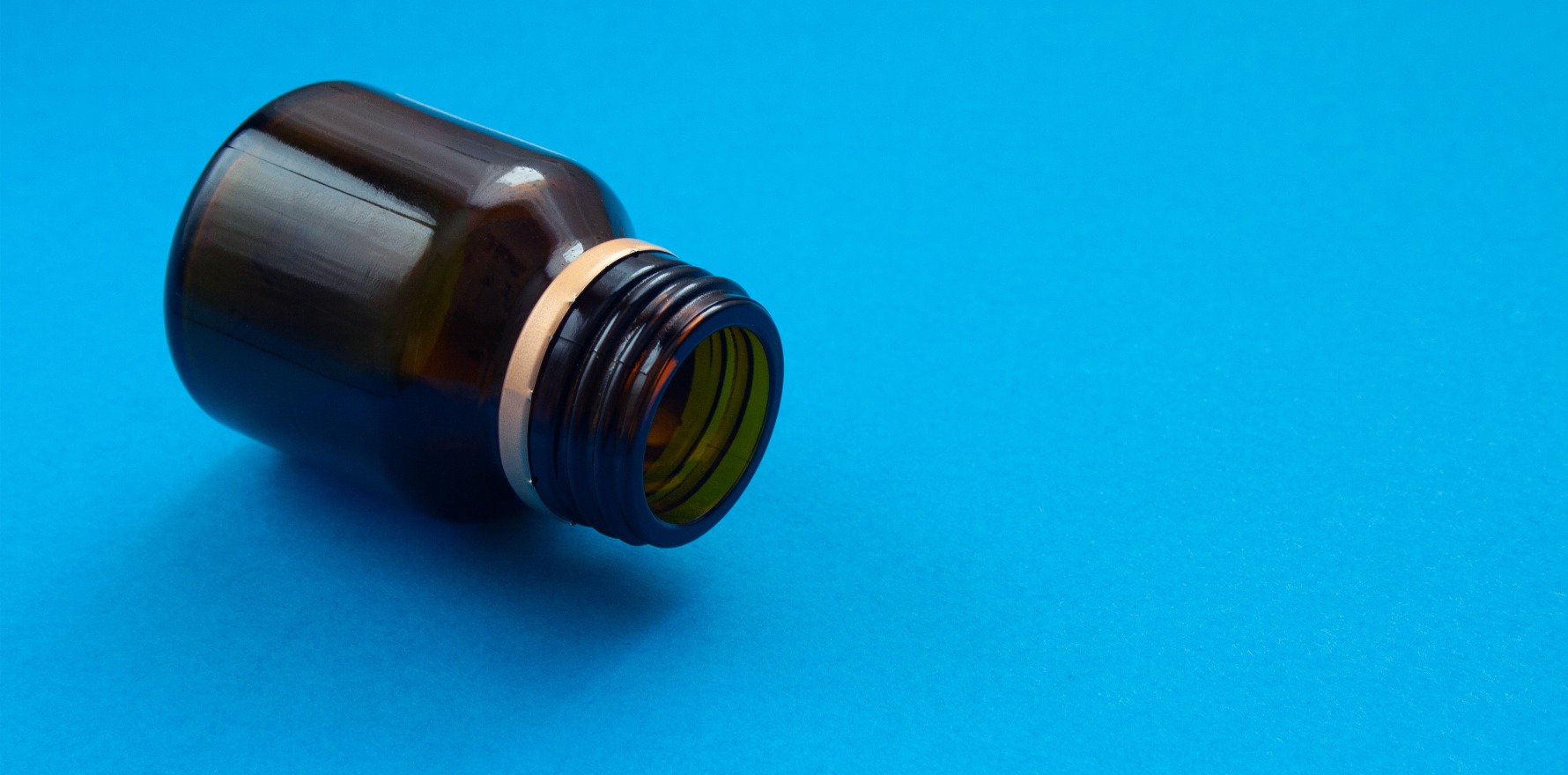'Delays and frustration' for patients as a popular ADHD drug is expected to be in shortage for the rest of the year.
A national shortage of some dosages of a popular ADHD drug is expected to last until the end of the year.
The shortage of lisdexamfetamine (Vyvanse, Takeda) 30mg is listed in the TGA’s medicines shortage database as in limited supply due to “manufacturing” issues.
And Vyvanse 20mg is expected to be in shortage from 16 October, according the TGA’s Medicine Shortage Reports Database.
Supplies of the 40mg, 50mg, 60mg and 70mg bottles of Vyvanse are not affected by the current shortage, according to a spokesperson for Takeda Pharmaceuticals Australia.
But Associate Professor John Kramer, chair of the RACGP’s specific interest group on ADHD, ASD and neurodiversity, told The Medical Republic the supply shortage of the lower dosages was a frustrating situation.
He said while these are typically used for paediatric patients with ADHD, they were also used when started newly diagnosed adults on a treatment regime.
“It’s difficult for an adult to present, fearing the diagnosis and then wait six, nine, 12 months to see a psychiatrist,” Professor Kramer said.
“This is just adding more delay and more frustration to the whole process.”
Dr Kramer said he first heard about the shortage from the drug’s manufacturer about six weeks ago and there had been some discussions about in with the Australian ADHA Professionals Association (AADPA), of which he is a member.
“There is a solution, which I’ve learned from more experienced colleagues,” he said.
“Vyvanse is lisdexamfetamine, which is a prodrug of dexamphetamine, but it’s a very stable one. It can actually be mixed in water and be stable for over 24 hours.”
As he explains it, a 60mg capsule can be broken up and the contents mixed with a quantity of water, say 10ml. A patient on 30mg would be given 5ml of the liquid, and the remainder stored in the fridge for the next day. The same process would apply to patients on 20mg – that is a 40mg capsule would be dissolved in 10ml of water, creating two doses.
“It’s quite safe to do that way, and I’ve seen advice from pharmacists and biochemists and so forth. So that’s the way around it,” said Professor Kramer.
He said it was hoped the strategy would not impact the supply chain and create shortages of other strengths of Vyvanse in the coming months.
“I’m encouraging patients to just try to get slightly ahead – usually there’s a three-week interval between repeats,” he said.
“I’m saying to patients just cautiously build up a bit so you’ve got a bit in reserve.”
While the shortage persists, Professor Kramer said he was not starting new patients on Vyvanse. He said it had become a more popular ADHD medication for adults who came back to him after receiving a treatment regime from a psychiatrist (adults must be started on ADHD medication by a psychiatrist but can be managed by an authorised GP).
He said an expanded listing on the PBS in February 2021 meant it was subsidised for Australians diagnosed as adults. Without that subsidy treatment would cost in excess of $1200 a year.
“There’s a lot of flexibility in terms of building the dose upwards – start with 20 [mg], go to 30 [mg], see the response and just walk people up to the dose that suits the individual,” said Professor Kramer.
“It’s a good, effective drug, so I can see why it’s so popular. But in terms of equivalence say with methylphenidate, it’s not dramatically better. It’s just convenient.”
The Takeda Pharmaceuticals Australia spokeswoman told The Medical Republic that the demand for ADHD medicines had risen substantially in recent years and this has impacted worldwide demand.
“Takeda will endeavour to provide regular updates on the availability of Vyvanse as information is available and will continue to work on resolving the shortage as priority,” she said.
“The supplies of Vyvanse 40mg, 50mg, 60mg, 70mg capsules are not impacted. The interruption of supply is expected to intermittently impact the 20mg and 30mg strengths until December 2023.”
She said Takeda had provided relevant information to the TGA in August.
“We have also provided a letter to all paediatricians, psychiatrists, [child and adolescent] psychiatrists and retail pharmacies to notify them of this situation,” she said.
“To optimise the available supply of our Vyvanse 20mg and 30mg for existing patients, we have asked prescribing clinicians to exercise their clinical judgement by being aware of this stock limitation when considering treatment with Vyvanse.”
There are currently 430 medicines in shortage in Australia (accessed 25 September), according to the TGA’s drug shortage database. Another 84 are subject to anticipated shortage alerts.





